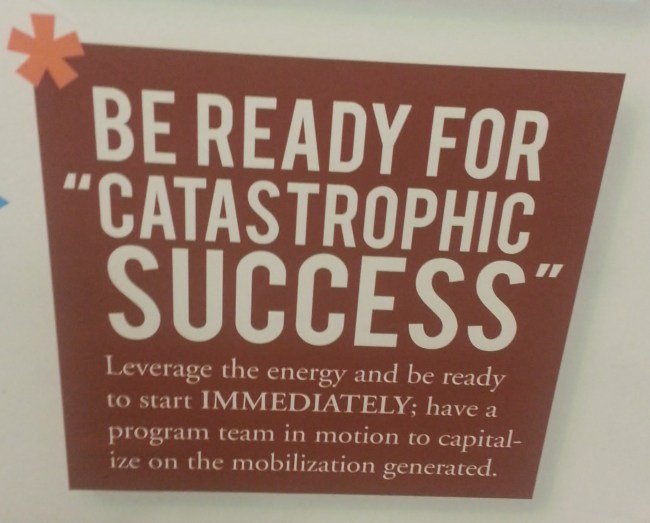
As the complexity of modern life grows, so does the number of seminars, workshops, coaching sessions and other “learning how to cope” events. Can there be as many “truths” as there are gurus?
To answer that question I introduce a distinction between “foundational thinkers” and “how teachers”. I see foundational thinkers as those advocating “why” models based on key notions associated with a particular issue. These type of thinkers attempt to capture the underlying cause. How teachers on the other hand concentrate on recipes for dealing with an issue, often in the form of steps, frameworks, etc.
In my personal experience and research I have come across much fewer members of the first category. This is also the category that I value the most. That is because “why” models allow and indeed demand that the student use his own problem solving skills to derive the “how” particulars for a given situation. In other words “why” models allow customization and adaption of the methods to the circumstances. “How” teachings on the other hand provide a recipe which the student is to memorize and repeat. This is bad for two reasons: memorization discourages critical thinking, and in a complex world no circumstance is likely to repeat exactly.
Many of the teachers (leadership coaches, high end consultants, etc.) I have come across wisely avoid the “why” question and go straight into “how”. “Why” questions are hard and can even be uncomfortable and what business-savvy teachers know is that many of the customers for these types of sessions come there to feel good and relax, rather than be mentally challenged beyond their abilities. Mental challenges create stress, and a stressed customer is not good for repeat business. “How” teachers are astute observers of human psychology, while foundational thinkers are scholars of knowledge and discovery.
Returning to foundational thinkers, they also come in different echelons of value. The most valuable provide complete and internally consistent ontologies for a pervasive issue. These individuals are a few a century. But in terms of generating a following, “how” teachers definitely hold the upper hand.
When going to the next seminar or workshop or coaching session, do ask yourself what category your teacher fits. If you feel too good about yourself and no hard thinking is required, you’re probably in the “how” teaching zone.










